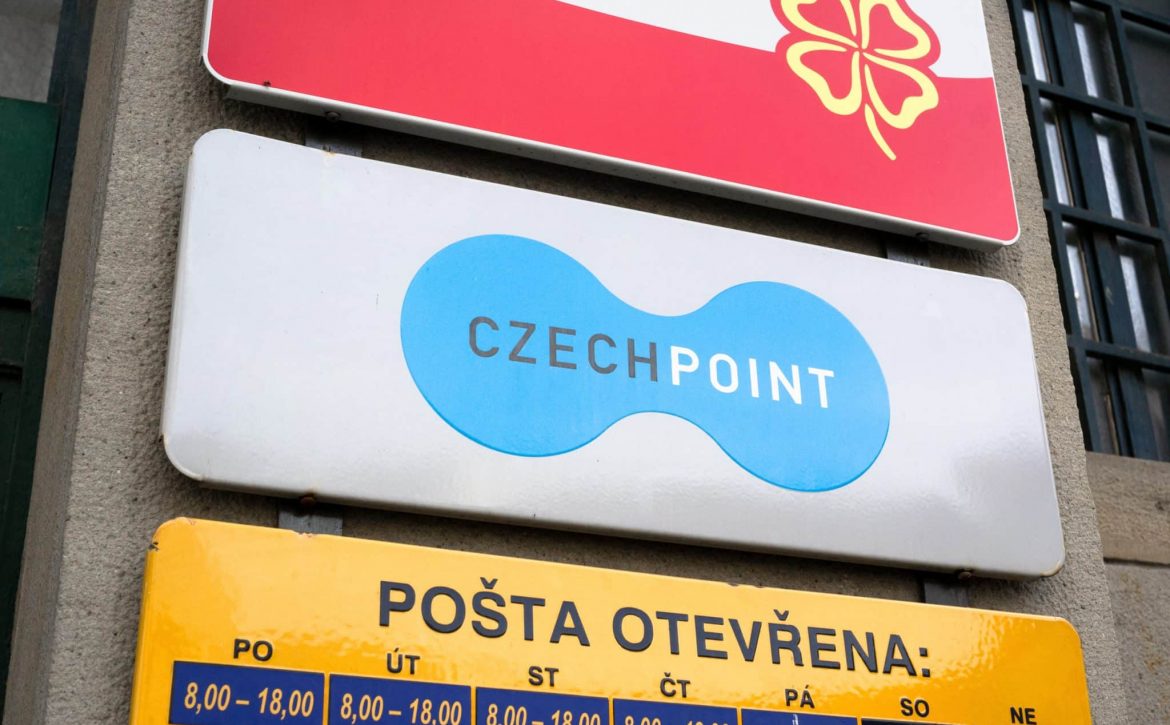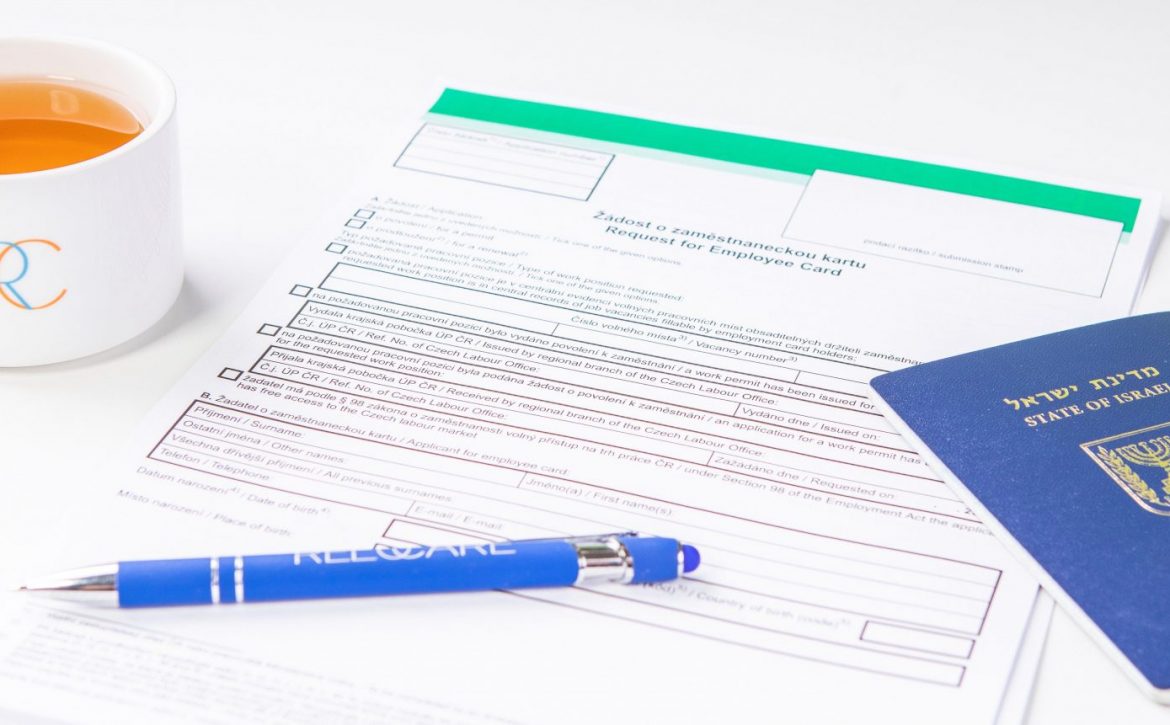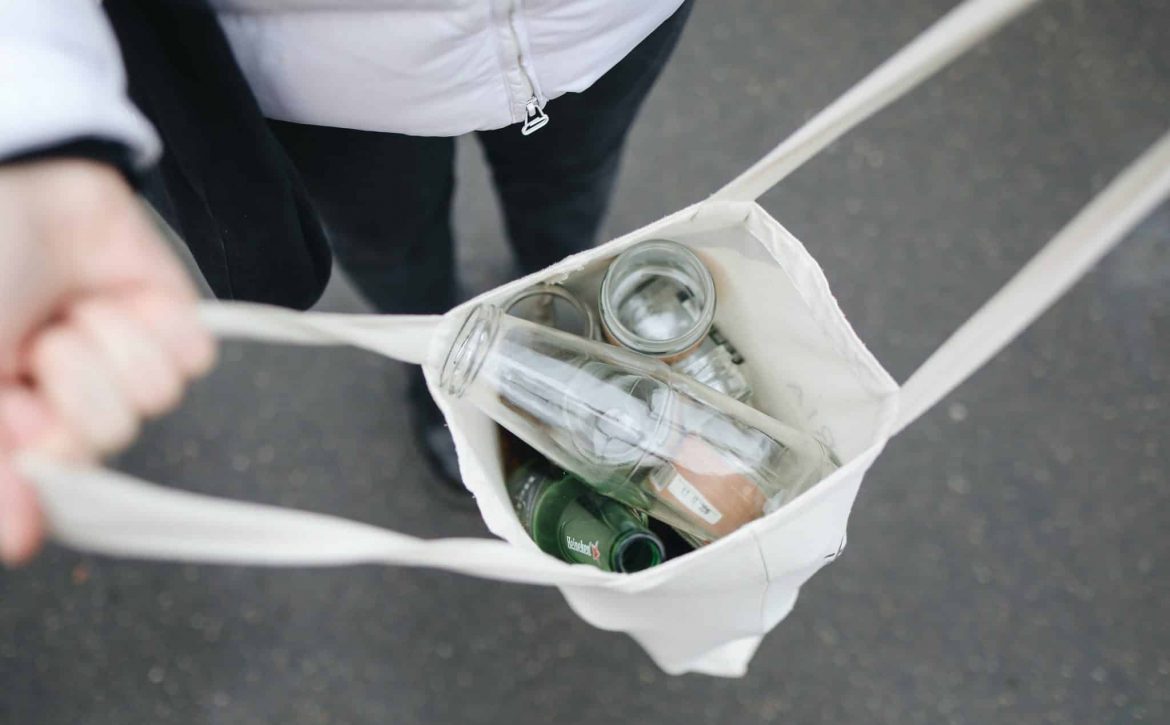Which Permit Is Right for Your International Talent: Blue Card, Employee Card, or ICT Card?
Hiring international talent can be transformative for businesses but navigating work permits in the Czech Republic, like the Blue Card, Employee Card, and Intra-Corporate Transferee (ICT) Card, can feel overwhelming. Each permit type has unique requirements and applications depending on the employee’s role, skills, and plans. Here, with insights from ReloCare’s experienced team, is a detailed look at which permit might suit your needs.
1. Blue Card
Best Fit: The Blue Card is designed for highly skilled professionals, such as software engineers, financial analysts, or managers. To qualify, candidates need a minimum of a higher vocational diploma, with certain exceptions for specialized professions, and a salary at least 1.5 times the national average. The Blue Card is perfect for hiring for roles that demand specific qualifications.
Process and Timeline: The Blue Card process starts with posting the job vacancy, followed by a 60-90 day application processing time. Applications are submitted at Czech embassies, with some embassies allowing representatives to handle certain steps on behalf of the applicant.
Validity: The Blue Card is valid for up to three years and can be renewed.
An added advantage is that family members of Blue Card holders can immediately apply for residence permits and work authorization in the Czech Republic. Moreover, if the Blue Card holder decides to relocate within the EU, they can transfer their Blue Card status to another country—something particularly beneficial for companies with multinational operations.
2. Employee Card
Best Fit: The Employee Card is a more versatile work permit and suits a wider range of positions, including roles that do not require a high level of qualification. It’s ideal for companies needing to hire across various skill levels without specific educational or salary requirements.
Process and Timeline: Applicants begin by scheduling an appointment at a Czech embassy/visa center in Dresden, with processing typically taking 60-90 days. Once in the Czech Republic, they complete biometric registration at the Ministry of Interior, allowing them to start working the same day.
Validity: The Employee Card is valid for up to two years, or the length of the employment contract if it’s shorter, and it can be renewed.
Note that family members of Employee Card holders shall apply for a Long-term visa, which does not entitle the holder to work. It will require waiting for the next permit (Long-term resident permit) to be approved and a biometric card to be issued to allow employment. That means the family member will not be able to work in the first year.
3. Intra-Corporate Transferee Card (ICT Card)
Best Fit: The ICT Card is a specific permit for managers, specialists, and interns being transferred from a company branch outside the EU to one in the Czech Republic. This option is less commonly used but provides a streamlined path for international transfers within global companies.
Process and Timeline: The ICT Card application may take around 90 days and must be submitted at the embassy in the applicant’s home country or country of long-term residence (some exceptions apply to certain nationalities that allow them to apply from almost any country).
Validity: The ICT Card allows employees to work for up to three years across their company’s branches within the EU (note: It is always needed to receive a new-local ICT Card when changing countries). After this period, the card cannot be renewed, so the employee must either return to their original (out of EU) branch or apply for a different permit, such as an Employee Card or Blue Card, if they wish to continue working in the Czech Republic.
How ReloCare Simplifies the Process
With years of experience in handling these permits, ReloCare provides unique value through thorough preparation, clear communication, and years of experience working with the Ministry of the Interior and their needs and expectations from the applications. “We make sure our clients understand each step clearly, so there are no surprises along the way,” explains ReloCare’s Operational Manager, Jana Vodňanská.
The team’s experience with the processes minimizes potential “hiccups,” which are the reason for the long delays in the candidate’s employment. As Jana puts it: “We’ve seen cases where individuals get caught up because they didn’t understand the details of the requirements. There is a list of documents required however their content is the most important and not only providing them. Our years of experience with these processes means we know how to avoid common and uncommon pitfalls.”
Choosing the Right Permit
Selecting the correct permit for your international hires can make all the difference in compliance, speed, and the settle-in process of the employee. The Blue Card suits top talent with specific qualifications, the Employee Card is versatile for general roles, and the ICT Card is perfect for internal transfers within multinational companies.
If you’re uncertain which permit fits, ReloCare’s team is here for you. Let us guide you through the nuances, saving time, effort, and ultimately, ensuring a smooth process for bringing international talent to the Czech Republic.











